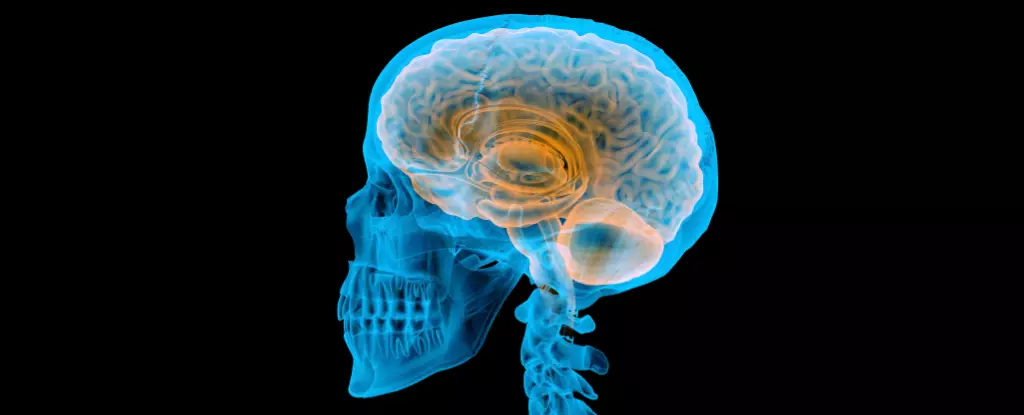The interplay between biology and evolution has always captivated the scientific community, particularly when examining how certain traits in humans, such as our remarkably advanced brains, have developed over eons. Recent research posits a compelling connection between the gut microbiomes and the evolution of human cognitive capabilities. Understanding this relationship uncovers the intricate mechanisms that have not only shaped our physical features but also our mental faculties.
Current studies propose that the microorganisms residing in the human gut may significantly contribute to brain development by optimizing energy production. Unlike other animals that may focus on energy storage, human gut microbiomes appear to prioritize the energy necessary to sustain our complex brains. Katharine Amato, a notable anthropologist from Northwestern University, has highlighted this phenomenon, explaining that the gut biome could be a foundational element in the evolutionary pathway to developing larger brains. This energy-centric approach is vital, as brain tissue is notoriously metabolically demanding. Consequently, our biological systems had to adapt to fulfill the energetic needs of such an organ.
In exploring this idea, researchers aimed to catalogue the role of gut microbiota during evolutionary transformations. It is widely known that the diversity of gut microbes can influence aspects of human physiology, including metabolism, weight gain, and insulin resistance. However, Amato’s studies draw attention to a less-explored avenue: the correlation between variations in gut microbiota and primate metabolism. This notion opens a new realm of inquiry into how different gut microbes may facilitate different energy requirements essential for brain development.
To delve deeper into the operational dynamics between gut microbiomes and metabolic cues, Amato and her colleagues conducted experiments involving ‘germ-free’ mice. By introducing gut flora from three distinct primate species—humans, squirrel monkeys, and macaques—the study sought to observe variance in metabolic responses. Both humans and squirrel monkeys, classified as ‘brain-prioritizing’ species, manifested a larger brain size relative to their body size, while macaques displayed a smaller brain in comparison to their bodily dimensions.
The results revealed intriguing distinctions in metabolic processes among the mice. Those inoculated with human gut microbiomes exhibited elevated levels of fasting glucose and triglycerides, while maintaining lower cholesterol and less overall weight gain. These outcomes suggest that human gut bacteria are inclined to support brain-energy production versus storing excess energy as fat. This metabolic shift underscores the essential role that specific gut microbiomes play in providing energy to our brains.
Interestingly, the study also found analogous patterns in squirrel monkeys despite their distant evolutionary relationship with humans. Both humans and squirrel monkeys share microbiomes that facilitate energy production, thus hinting at a convergent evolutionary strategy among brain-prioritizing species. On the contrary, macaque microorganisms did not promote such energy priorities, instead favoring fat storage—an evolutionary path that aligns with their smaller brains.
Implications for Understanding Evolutionary Trade-Offs
The findings of Amato’s research add a fascinating dimension to our understanding of evolutionary trade-offs between brain size and overall body growth. Within the broader context of mammalian development, there’s an observed imbalance whereby energy allocated for brain growth often comes at the expense of bodily development. This dynamic becomes evident during human growth cycles, where brain energy demands peak around mid-childhood amid slower growth rates in terms of physical body size and fat accumulation.
Thus, the evolution of our brain is not merely a story of biological change but a narrative entwined with our gut microbiome’s evolution. This specificity in gut microbial communities may very well be a critical component in the advancement of brain capacities, showcasing how even the tiniest microorganisms can have immense impacts on the grand scale of evolution. As research continues in this arena, a more profound understanding of the gut-brain relationship could unlock new insights into human health, cognition, and development.
Embracing the complexity of our microbiomes offers a unique lens through which we can explore the remarkable evolutionary journey of human brain development. This emerging field is not just reshaping our understanding of evolution; it is also challenging us to reconsider the fundamental ways we assess the relationship between humans and their microbial companions.

